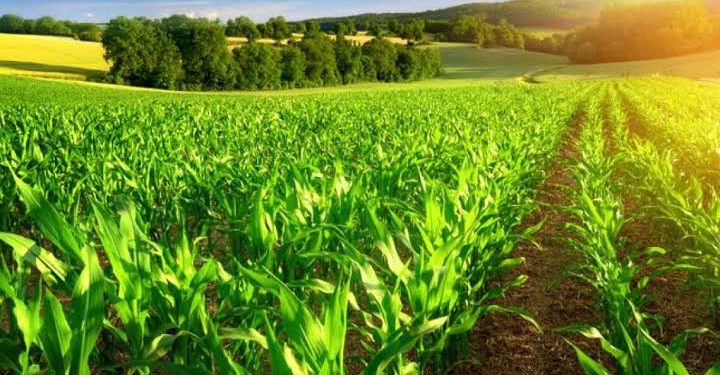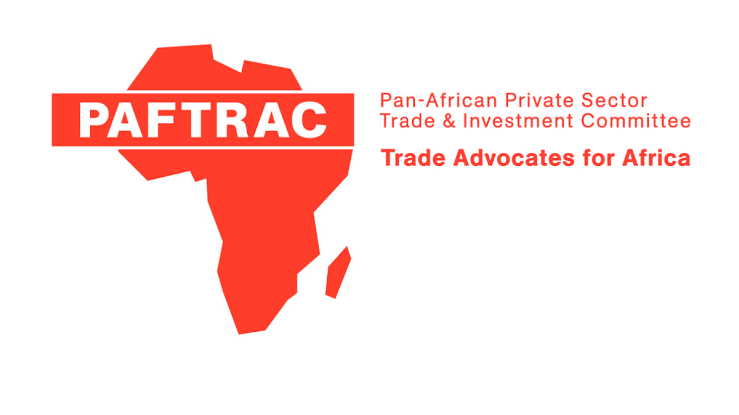A new World Bank report highlights a troubling paradox in Africa’s food security landscape. Although agricultural production on the continent has surged by 160 percent over the past 30 years—outpacing the global average—food insecurity has worsened, with the number of food-insecure people rising by 60 percent in the last decade.
The report, Transport Connectivity for Food Security in Africa: Strengthening Supply Chains, authored by Charles Kunaka and colleagues, explains that despite improved productivity, many African countries continue to face widespread hunger, malnutrition, and vulnerability due to inefficient food distribution systems.
One of the main challenges is the continent’s fragmented logistics network. Food often cannot move efficiently from surplus-producing areas to regions facing shortages because of missing transport links, inadequate storage facilities, and border delays. According to the report, it can take up to ten times longer to transfer food within Africa compared to the United States. Transport costs can also make up nearly half the market price of some staple foods, pushing prices beyond the reach of many vulnerable populations, especially in remote and urban poor communities.
Limited access to market data further hinders farmers’ capacity to meet demand and invest in increasing yields. The report draws attention to internal disparities within countries, such as Nigeria, where rice production is concentrated in the North-Central region. Surplus rice must be transported to the north and south, where production is insufficient. Yet, logistical obstacles and high transport costs complicate this redistribution, threatening food security in deficit areas.
In related developments, a recent survey by Nairametrics showed mixed price trends for staple foods in May 2025. The cost of a 50kg bag of local parboiled rice dropped by nearly 13 percent, easing some pressure on households. Prices for semolina and horse mackerel also declined slightly, offering modest relief amid broader structural supply challenges.
The report underlines that boosting agricultural productivity alone will not solve Africa’s food insecurity crisis without addressing the critical need for improved transport infrastructure and more efficient supply chains to ensure food reaches those who need it most.










